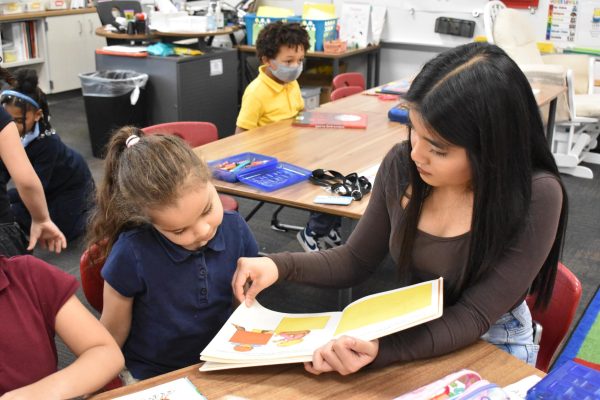Military coup
SHS students express their concern for the political unrest in Myanmar

In Myanmar, the democratically elected leader Aung San Suu Kyi, was detained by the military on Feb. 1, 2021. This event led to many deaths, and is a prime example of the political unrest that has been constant throughout the country’s history.
The country gained full independence from British colonizers in 1948 and was under the name “Burma”. The first military coup was in 1962 when Ne Win, a former Prime Minister and President of Myanmar, seized power through a coup.
From 1962 to 2011, the military ruled over Myanmar in fluctuating levels of control. In 2011, the military junta, which is a government composed of military officials, was officially dissolved.
But now, citizens of Myanmar are forced to witness the second military coup in the history of Myanmar. As protests break out against the military, the government is fighting back with violence, and the citizens are at a risk of danger.
The repercussions are being felt here at SHS.
Many Burmese students have family members back in Myanmar as the military junta control continues.
One senior at SHS has a very immediate link. Sharon Par is a first generation immigrant who moved to the U.S. when she was 16 years old. Her oldest brother could not make it with the rest of her family though.
“He planned to come here with a student visa, but with the military coup going on, he couldn’t do that,” Par said.
Par and her older brother have a very similar situation to many Burmese people all over the world and throughout SHS. Many families have been separated or lost loved ones without being able to say goodbye.
She is often asked questions about what is going on in Myanmar, but has trouble being a “spokes-woman” of sorts because she is not sure of the details.
“It’s hard for me to express everything about it because I don’t speak English that much,” Par said. “I’m not in Myanmar so I don’t know everything about it.”
To cope with the stress of her brother being kept away from the rest of her family and everything else on top of it, she often looks toward the outlet of praying. She also says that she has been able to talk to her friends back in Myanmar.
Donations are also a way for her to help fund organizations, such as the Civil Disobedience Movement, also known as CDM.
Sophomore Zing Nun Par also finds solace in donating to CDM.
After the military coup in February, her and her Burmese friends wanted to find a way to help their people back in Myanmar. So, they started a jewelry business to raise money to donate.
“Since none of us had jobs there wasn’t really any way for us to donate money,” Nun Par said. “And all of us love making jewelry, so one day we came up with the idea that like ‘What if we turn this into a business?’”
Their business was successful through promotion on social media and they ended up raising around $500. This money was then donated to the CDM, through some local friends at Par’s church.
This helped all those involved in the business, and those who purchased, find some comfort in knowing they could do their small part in helping those suffering in Myanmar.
Mang Dim is a first generation immigrant and sophomore at SHS. She hasn’t lost anyone in her direct family, but she says she knows people who have been arrested or even killed.
Dim says that she hasn’t really felt the effects of the coup in her life, as she was too young when she emigrated from Myanmar to really remember much about her country. But she sees the impact on her parents as they mourn the loss of their former home.
“I can see how it has affected my parents and how sad they are because they grew up there,” Dim said.
These are just a few Burmese students at SHS who have been impacted in many different ways because of the military coup. Despite the struggles, they are finding more and more ways to help and to cope.

Nearly three years ago, on a fateful day in the spring of my freshman year I voted “Yes” on a Journal instagram poll about interest in making graphics....






